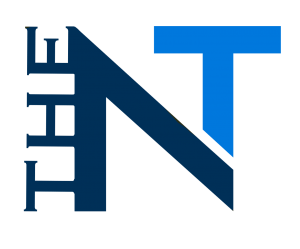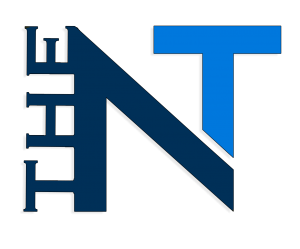Conflicts in teams as work is inevitable – and if it’s allowed to escalate, organizations can suffer from stalled or slow moving projects, energy being misdirected from creating and growing a stronger business to “one-upmanship” and employees being less motivated in their roles generally. To prevent such situations, managers need to be good at helping coworkers solve problems and it’s good to know when calling an outside mediator will be helpful. Workplace mediation is when someone steps in to help fix conflicts. It’s like putting out a small fire before it grows into a big one and putting in place safety zones so that a fire won’t break out in future.
There are ways to help fix conflicts. Let’s talk about why fights happen, what gets in the way of fixing them, and ways to make things better for the team.
Why Conflicts Happen
People argue when they don’t agree, whether it’s about work or personal stuff. It could be about how to do a task, who should do what, or just not getting along with someone. Workplaces are like mixing bowls of different people, cultures, and ways of doing things. This mix can make it hard to communicate, leading to misunderstandings and fights.
Spotting Signs of Trouble
When conflicts brew, people might avoid each other, talk meanly, spread rumors, or form groups against others. Seeing these signs means it’s time to act.
Bad Things That Happen If Conflict Isn’t Addressed Quickly.
Fights left alone can hurt individuals and the team. Stress, health problems, low morale, missed work, and poor quality of work are just some of the issues.
How Mediation Helps
Mediation is like bringing in a referee to help fix things. A mediator is someone who listens to both sides and helps them agree on a solution. It helps people talk openly, understand each other, and work together. It stops fights from getting worse, reduces stress, boosts communication, and helps teams work better. It also gives control to those involved and teaches them how to handle fights better in the future.
When to Get Help
Mediation isn’t just for work. It can help in family, neighborhood, or business issues too. The sooner you get help, the better.
Formal vs. Informal Mediation
Big problems need serious help, while small ones can be fixed with less stress. It’s like calling in a pro for a big problem or sorting things out yourself for smaller ones.
Getting Ready for Mediation
Before getting everyone together, gather evidence, think about what you want to say, and get advice if things are serious.
How Mediation Works
Mediation happens in one or more meetings. The mediator helps people talk, figure out the issues, and find solutions. They write down agreements and check in later to make sure things are going well.
Tips for Mediation Success
Starting early, being fair, encouraging honesty, and keeping calm are key. Listening well, guiding talks, and finding compromises also help.
Wrapping Up
Conflict happens, but it doesn’t have to ruin things. Mediation helps teams solve problems, work better together, and create a happier workplace. Spotting signs early, acting fast, and using mediation skills can turn fights into chances for growth and teamwork.
Article contributed by Tim Hicks of Connexus Conflict Management




